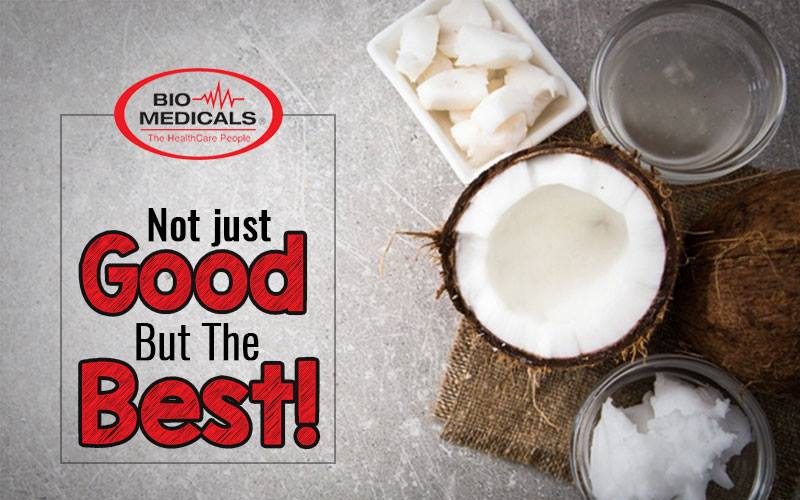How people make Coconut Oil Furniture Wax.
To make furniture wax with coconut oil, you will need the following ingredients:
- 1 cup of grated beeswax
- 1 cup of coconut oil
- 1 tsp of lemon essential oil (optional)
Here are the steps to follow:
- In a double boiler, melt the grated beeswax and coconut oil together until they are completely melted.
- Once the wax and oil have melted, remove the mixture from heat and let it cool for a few minutes.
- If desired, add a few drops of lemon essential oil to the mixture for fragrance.
- Pour the mixture into a jar with a tight-fitting lid and let it cool to room temperature. As the mixture cools, it will thicken and harden.
- To use the wax, apply a small amount to a soft cloth and rub it into the surface of your furniture. Buff the surface with a clean, dry cloth until it shines.
Note: Beeswax can be found in craft stores or online. If you prefer, you can substitute it with carnauba wax, which is derived from palm leaves and is vegan-friendly.

